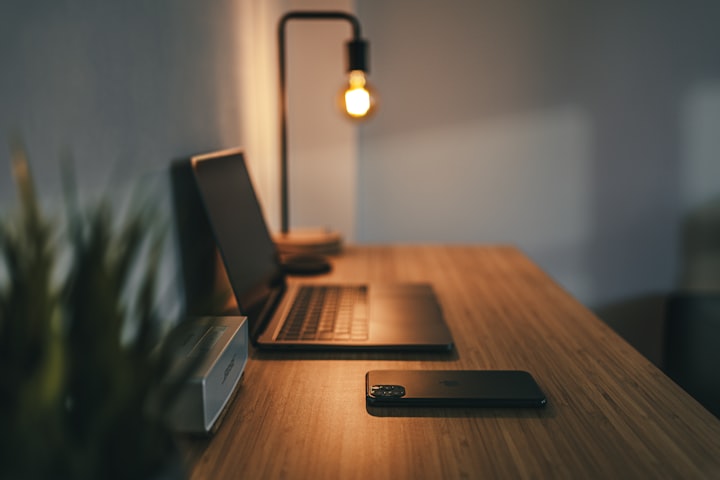We Need Space: How to Create a Productive Study Environment
Set up your optimal study space
There’s no doubt that your environment can have a huge impact on your ability to concentrate and absorb information. We’ve all struggled to focus in a noisy environment—whether that’s a classroom, lecture hall, or even while studying at the kitchen table. It has also become clear to most of us how difficult it can be to study at home, with lots of distractions and not enough space.
Your environment can impact your academic progress by as much as 25%—so for every hour you study, you could be losing 15 minutes to distractions! The good news is that we can use environmental triggers to optimise your motivation and build those study habits. Here’s how to set up your optimal study space and use those environmental cues for good:
Physical space
- Research suggests that you need around 1.2 meters of personal space for optimal learning, so try to find somewhere out of the way where you can study.
- Avoid areas that you use for relaxation or sleep, like your bed or the sofa, as these will trigger mental cues that make you feel tired or unmotivated. Laying down to study also reduces the blood and oxygen flow to your brain, which can hinder optimal brain function and productivity.
- Your study space could be a desk, the front room that no one ever uses, or even your bedroom floor. The main thing is to find a study space you like and can keep using. Mentally mark your study area—this way, you’ll associate this particular place with studying, and it’ll be easier to get into a productive frame of mind.
Organisation
- There’s sense in the old saying, ‘tidy house, tidy mind’, and while we’re not suggesting that you procrastinate and clean your entire home, having an uncluttered space can make you feel better, and help you concentrate.
- Mess can be stressful, leaving you feeling distracted and anxious, and can inhibit productivity and creativity. It can also send signals that your work is never done, and cause you to focus on things that aren’t essential to the task at hand. Take some time to clear the clutter; or if you’re on a time limit, pop it in a box to sort out later.
- Before you begin studying, make sure you have all that you need—pens, paper, resources, laptop, water and a snack, so you can just sit and focus.
Light
- Make sure your study area is well lit, so you feel awake and you’re not straining your eyes, but not so bright you give yourself a headache!
- If you can, work by a window in natural light, as this has been proven to have a positive effect on wellbeing and productivity. One study showed students who received a high level of natural light while learning achieved test results up to 18% higher than those with low levels of natural light.
Noise
- Studying in a noisy environment is difficult! Your brain actively works to filter background noise out, and ambient noise can also increase your stress levels. Studies have shown that white noise can cause the release of cortisol, a hormone that can impair function in the prefrontal cortex and affect your brain’s ability to retain information.
- Scientifically, it’s easiest to concentrate in a silent environment, though realistically this can be very difficult to find. If you’re in a noisy environment, pop on some headphones and listen to a focus playlist to help you study. Lo-Fi music in particular has seen listeners report an 86% increase in productivity while studying, perhaps as it activates the cerebrum as your brain picks out differences in the sounds.
Distractions
Above all, you want to create a study space that works for you. By building environmental triggers and good study habits, it becomes easier to switch into a productive mindset and get the most out of your study sessions.
StudyStream is an online community run by students, for students, connecting people around the world, and helping them be more productive. You can also find more info about StudyStream, and hear about other student experiences, on this blog.







Comments
There are no comments for this story
Be the first to respond and start the conversation.